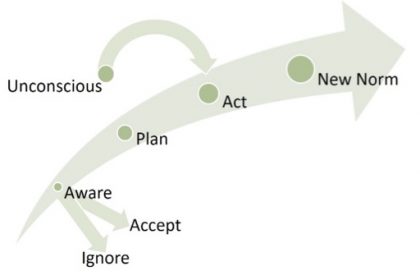Most of us think ethics are a must and a natural part of any profession. Because coaching is unregulated, there are many coaches who have no training and there are many others whose training did not include ethics. Well-intentioned, these coaches may do something unethical simply because they lack of training.
The International Coaching Federation is the gold standard in coaching and publishes a Code of Ethics. To be a member, coaches must have 60 hours of training and they must agree to honor the Code of Ethics, abide by it, and be held accountable to it.
The ICF Code of Ethics includes 4 sections under the Standards of Ethical Conduct:
- Professional Conduct at Large
- Conflicts of Interest
- Professional Conduct with Clients
- Confidentiality/Privacy
As an over-arching view, coaching is focused on the client and transparency is essential. Some of the specific points in the Code of Ethics provide the standard without quantifying or specifying specific application. Discussing the Code of Ethics and various ethical dilemmas during an ICF-approved coach training supports ethics in coaching.
During the Certified Professional Coach program, one of the classes is on ethics. The discussion during the class on what the Code of Ethics means and how it applies is excellent. Several points come up frequently and lend themselves to deeper considerations. This blog mini-series is to highlight some of these hot topics.



